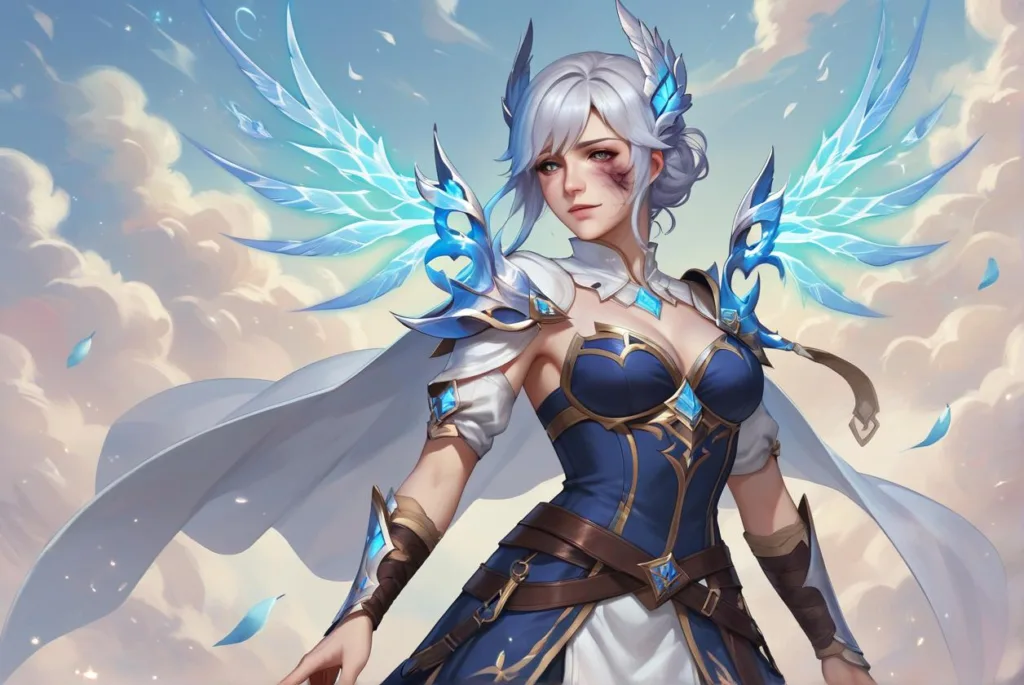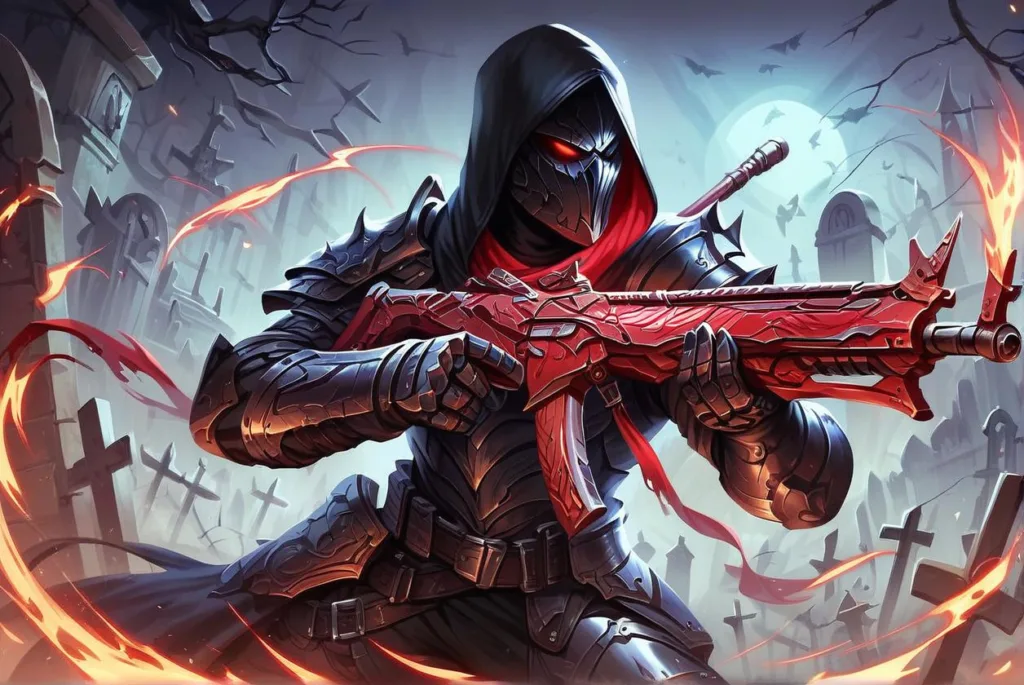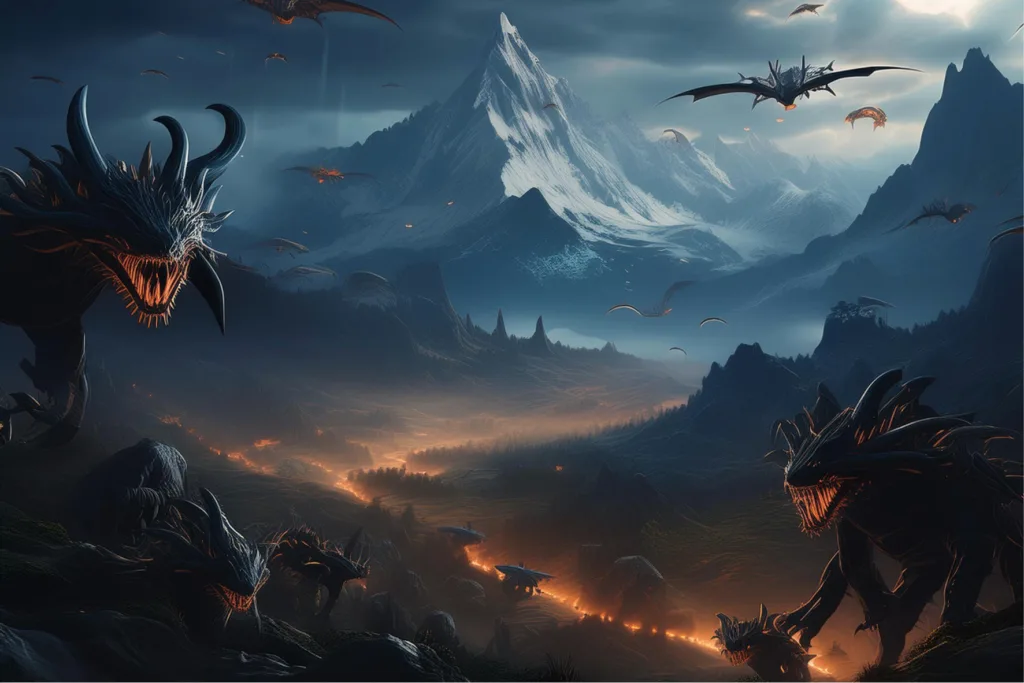5 Tips on Writing: With Juanita Cepero
Hello there! I’m Juanita Cepero. I’m a storyteller by heart and a Narrative Designer & Game Writer by trade. I’ve written novels, commercials, and scripts, but nothing has captured my attention quite as much as games. What other media offers you the chance to build a story alongside your audience?
My path to game writing wasn’t straight as an arrow, but more of a trial and error, plagued with surprising discoveries and a few geographical jumps. To make a long story short (because we’re here to learn writing tips!), a series of very fortunate events, and sometimes unfortunate, I must admit, took me from novel writer to international business consultant, to film school, to games… where I’ve found my passion for crafting stories, narrative-driven systems, and strangely… documentation.
I’m immensely proud and grateful to be part of an industry that is in a perpetual main quest to find new ways to tell stories!
Now, let’s jump into deconstructing some of the most important aspects of storytelling.
Hooking Your Audience

Ask yourself, “Why would anyone playing/watching/reading care about this moment?” You have a few minutes, sometimes seconds, to capture someone’s attention (there’s so much content out there!), so understand your audience and make sure you make them care. In other words, make sure you state, very early and clearly, what’s at stake for the character.
Do you care if a fictional world comes to an end? Not really. You care about the people and creatures in it, about what they are set to lose or gain — love, survival, justice, victory. What visceral human need or desire does your story resonate with?
Got it? Now showcase how that need or desire is at stake and give the player/character the agency to determine the journey’s outcome.
Mastering Plot Development
Choose where you want to end and use that to decide where to begin. Your audience is trusting you to take them on an emotional journey, and that at the end of said journey, they’ll take a step back and feel something “rewarding.” This means that every step your characters take should be relevant and contribute to making the ending as rewarding as it can possibly be. (Even side quests have the power to give you that fuzzy feeling!)
Knowing where you’re going will keep you focused and will make it easier to discern between plot points that matter and plot points that need to be cut. (Ps. You must learn to kill your darlings.)

Effective World-Building Strategies
Consistency. Consistency. Consistency. Just like in the real world, everything in your made-up world needs to have a place and a reason to exist. The world we live in informs who we are and how we behave, and in turn, our actions impact and shape the world. For example, in your made-up world there are demons hiding in the forest close to a village. You’d have to wonder how villagers would organize themselves, raise their kids, build their houses, travel. Think of the god(s) they’d pray to, of the rituals. Think of how different people in the village would try to deal with the fear (attack vs. hide) and how those different ways of coping might result in conflicts. If you’re building a fantasy world, what are the rules of the magic in your world? What does “power” look like, and how has this power shaped society’s beliefs?
Also… Know when to stop. Not everything you create will end up on the screen/page, and that’s alright! The purpose of world-building is to create a reality where your STORY can live in. So focus on developing world details that are relevant to the STORY, anything else, will have to be material for another time.
Techniques for Character Development

Ask yourself these questions: What does my character want? What’s in the way of them getting it? How is it challenging for them SPECIFICALLY? What will they learn about themselves during this journey, and how will that journey change them? Is what they wanted in the beginning really what they needed? Do they get it?
Answering these questions will help you understand what drives your character by identifying the inner demons they must face throughout their journey. The obstacles that you create for your character will ideally force them to face those inner demons. Do they need to find the confidence to declare their love to their classmate? Or the courage to hunt a chimaera? Or do they need to face their own shortcomings and rely on their team/friends to reach the end?
In games, unlike other media, the player has the opportunity to slowly peel layers and discover details about the character. It’s more personal because you spend so many hours meshed with the character. This makes this journey even more important! Details become big reveals; backstory fuels the player’s drive. Victory is a shared accomplishment!
Crafting Meaningful Decisions

I bet you’ve heard this one before, but here it goes: Choices should matter! When crafting them, consider what the choice MEANS to the player/character more than what it means to the plot. The more the choice matters to the player/character, the more invested they will be in the eventual payoff.
Another key part of designing choices is making sure you pay them off. Actions have consequences. You betrayed your friend, and they will betray you. You helped a stranger, and he risks his life to save yours later. The payoff doesn’t have to be massive for every choice, but it should be there, and most importantly, it should be CLEAR to the player that it exists as a consequence of their actions.
One final tip on designing choices would be: Play with your players’ expectations… but don’t toy with them. If a choice is important and will affect the story tremendously, make sure you build up to the moment! Give it the gravitas it deserves. In contrast, if a choice won’t have a big and long-lasting effect, don’t present it as a key/pivotal story moment, or you risk the player feeling emotionally manipulated and the payoff feeling disappointing. And if you are set on doing that, do it sparsely (there’s an exception to every rule.)
What are your strengths in writing and narrative design?
I love (and, I’ve been told, excel at) crafting tools and systems! My favourite part of narrative design is creating the rules of engagement for how players will experience and interact with the story. How can we pay off choices? How can we integrate progression systems into the plot? How can we make cosmetic choices meaningful? How should we introduce a new mechanic in an immersive manner? It’s a puzzle that I love solving.
As for my writing strengths, I have learnt to kill my darlings. This is important in any storytelling medium, particularly in games. Gameplay comes first, always. If a story element is misaligned with the gameplay, 9 out of 10 times, it is the story element that must be reworked, not the other way around. Give yourself the time to explore the options, but don’t get attached to a particular result.
Exploring Favorites

The Perfume, by Patrick Suskind. I still remember reading the book. I could literally smell the things he was describing (I felt quite insane, actually.) It was an unforgettable experience (and a read I recommend to any writer.)
Which games or stories have you worked on?
GAMES: Harry Potter: Hogwarts Mystery, Lovelink, What’s Your Story, and some independent projects!
OTHERS: Zakrana (fantasy novel), Public Service Announcements for Habitat for Humanity and Children’s Burn Foundation, and many others including articles, academic books, and screenplays!
A Wish for Interactive Audio Stories
The Stanley Parable! I think it would lend itself amazingly to the interactive audio story medium. If you haven’t played the game, I recommend checking it out!
Register for our Free Writing Workshop now!
If you are interested in creating your own interactive audio story, you can apply for our free webinar! It will introduce you to our interactive story game engine, TWIST, and teach you how to use it to create interactive audio stories.
Interested in contributing to our blog series?
If you would also like to publish a blog post on our website and share your own story with interested readers, simply fill out the contact form.





